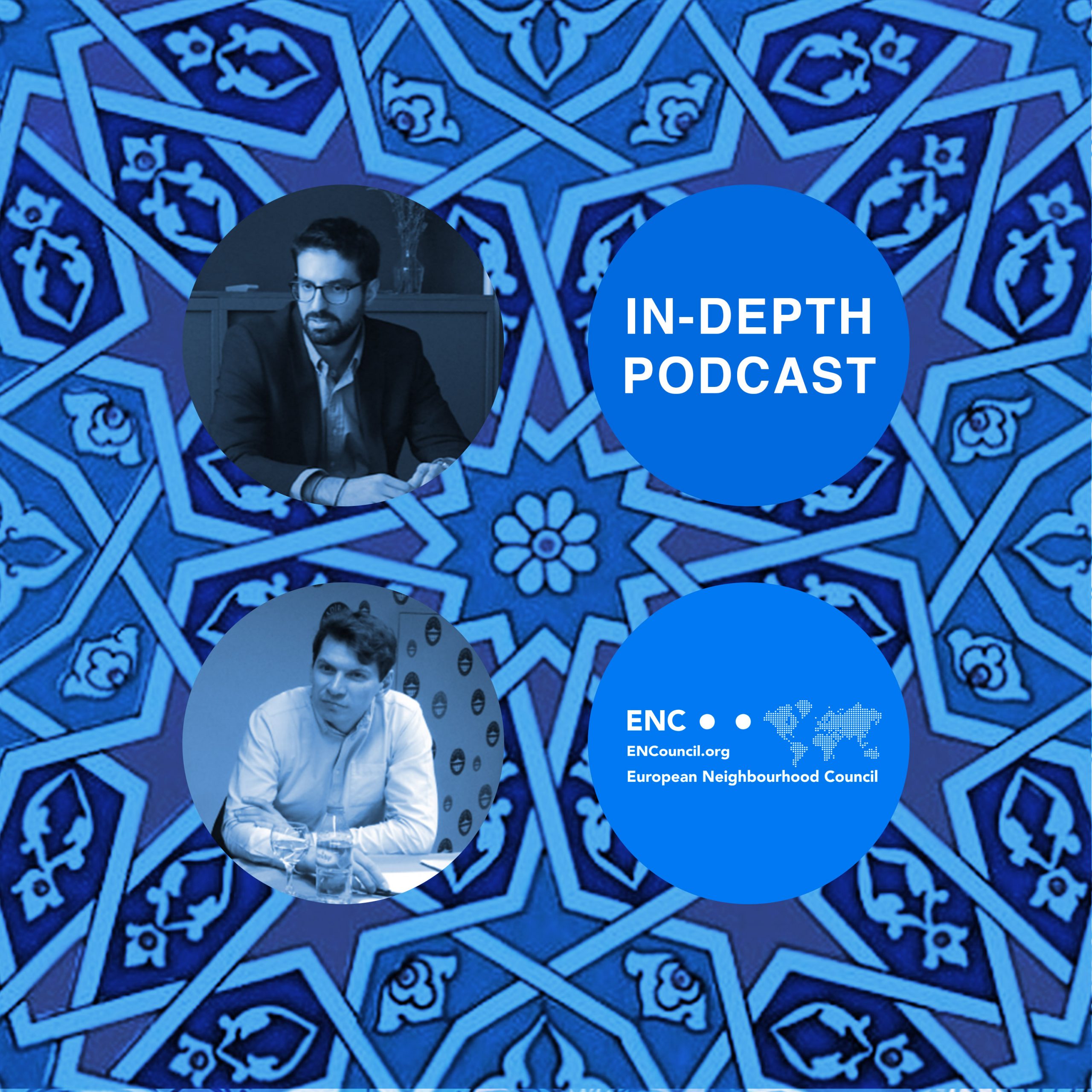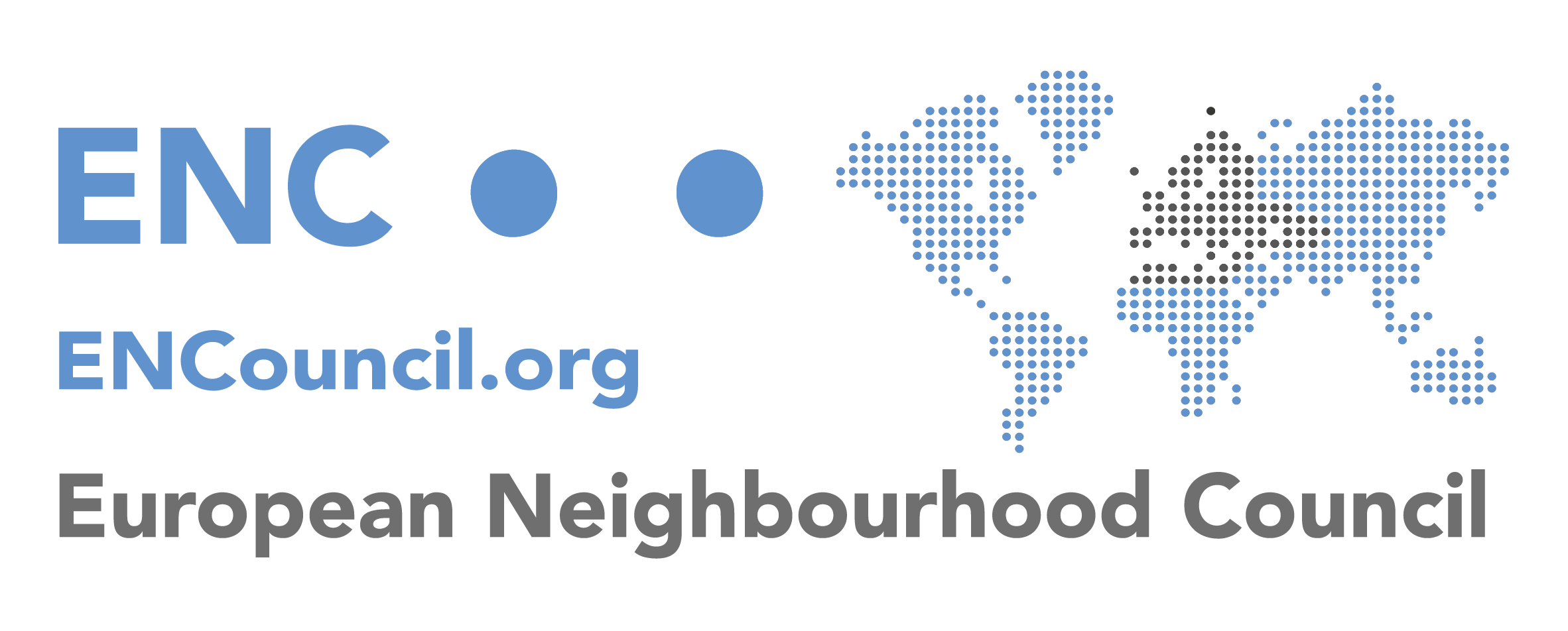
Kazakhstan’s electoral mood calls for more ties with Europe
The European Neighbourhood Council (ENC) conducted interviews over the recent presidential elections (09/06/2019) in Kazakhstan. Specifically, ENC conducted electoral observation and field interviews at 7 out of 35 polling stations in Zhanaozen, a small de-industrialised oil-town close to the Caspian coast.
Samuel Doveri Vesterbye is the ENC’s Managing Director and is making occasional media appearances to share his expert views on issues, mostly related to Turkey. In this present article, he argues that Kazakhstan needs to further reform itself in order to overcome an oil-dependent economy, while further deepening ties with the European Union (EU). His opinion piece (op-ed) on the subject was published online on Euractiv.
Read the full article here: https://www.euractiv.com/section/central-asia/opinion/kazakhstans-electoral-mood-calls-for-more-ties-with-europe/
